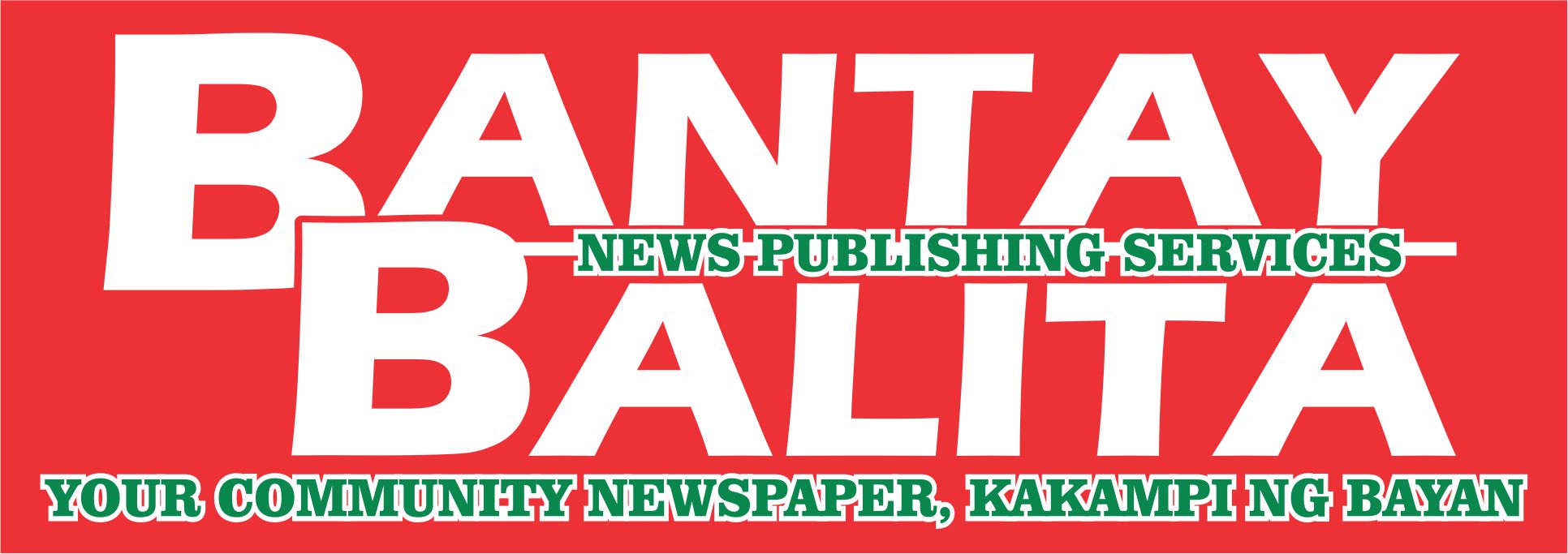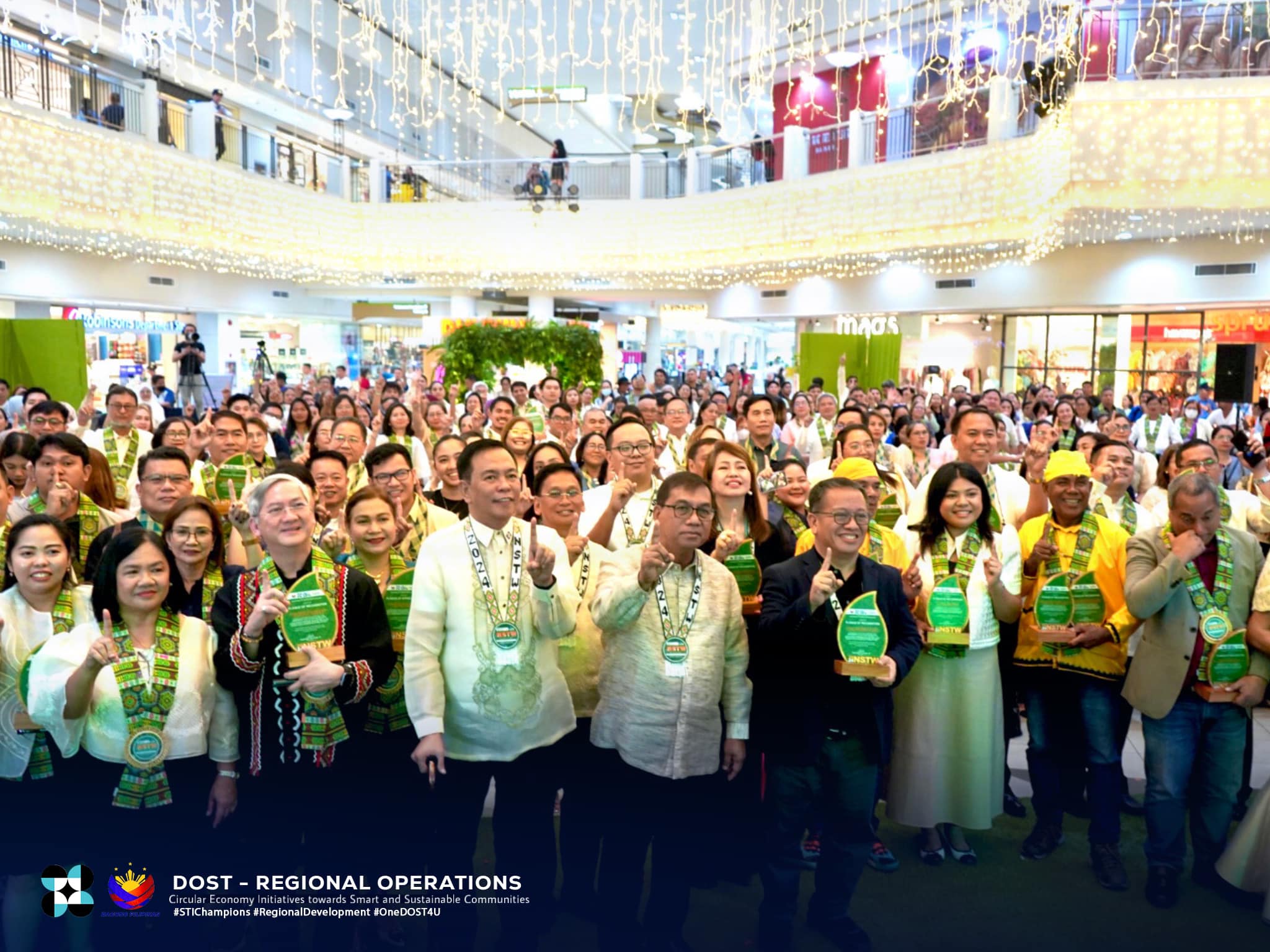THE Department of Science and Technology (DOST) has marked another milestone as it broke the Guinness World Record for the “Most People Planting Bamboo Simultaneously in Multiple Venues” during the National Science, Technology, and Innovation Week (NSTW) held last November 28 at the Limketkai Mall in Cagayan de Oro City.
Spearheaded by the DOST and its Kawayanihan partners, the monumental effort involved 2,305 individuals uniting across multiple locations to emphasize the importance of bamboo in sustainability.
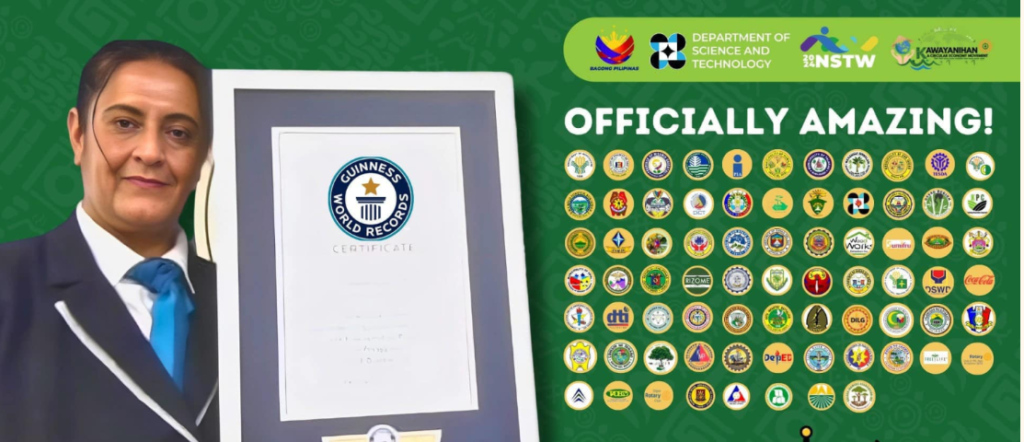
Participants in the record-breaking initiative included farmer cooperatives, government agencies, local government units (LGUs), non-profit agencies, and private sector companies, highlighting a diverse and united effort to inspire global recognition of the role of bamboos in promoting environmental and economic sustainability.
Known for its versatility and rapid growth, bamboo was spotlighted as a vital renewable resource that supports industrial value chains, circular economies, and climate resilience.
This collective vision underscores the commitment to foster a greener, more resilient Mindanao by integrating sustainable practices into local development strategies to strengthen the island’s environmental stewardship and set a national precedent for collaborative action towards a sustainable future.
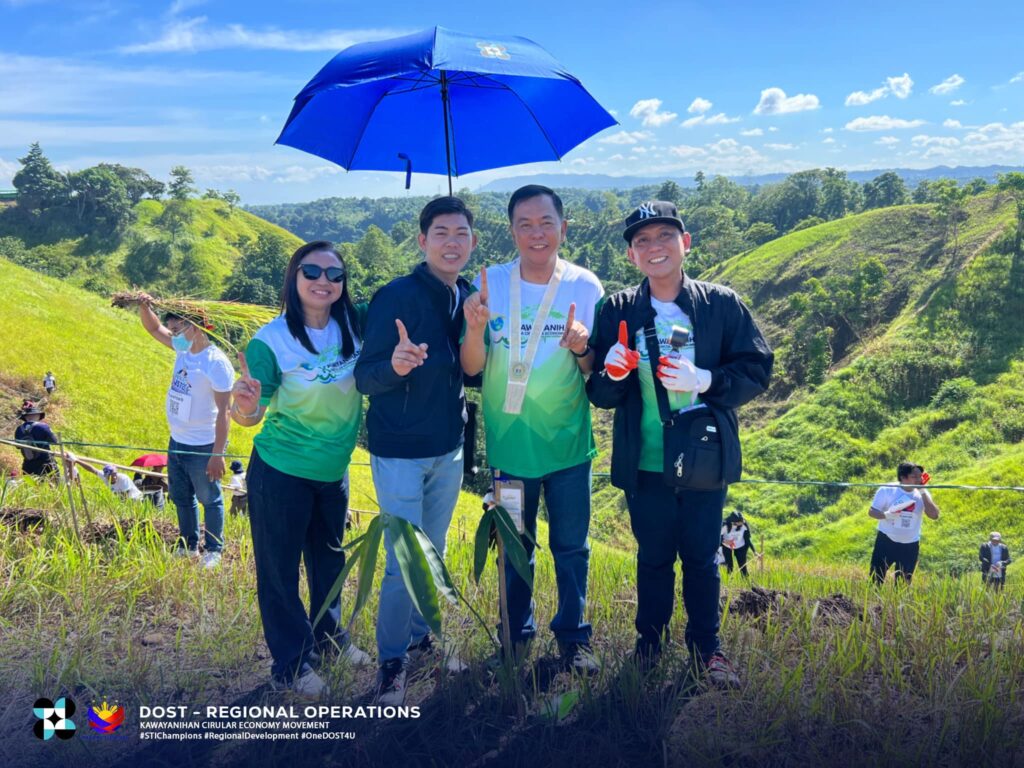
The NSTW showcased bold initiatives toward building smart and sustainable communities, bringing together local leaders, policymakers, and stakeholders from various sectors. It underscored DOST’s commitment to harmonizing innovation with environmental stewardship and highlighted its vision for a future where economic growth aligns with sustainability and sets a strong foundation for both national and local development.
DOST Secretary Dr. Renato U. Solidum Jr., in his keynote message during the event, emphasized the importance of a circular economy
“We must love our environment as much as we love our own children. Where we want them to be healthy, where we want to stay in a peaceful and stable place. To provide that legacy, we must love our environment like how we love our children, otherwise, we will be a civilization that will be gone,” he said.
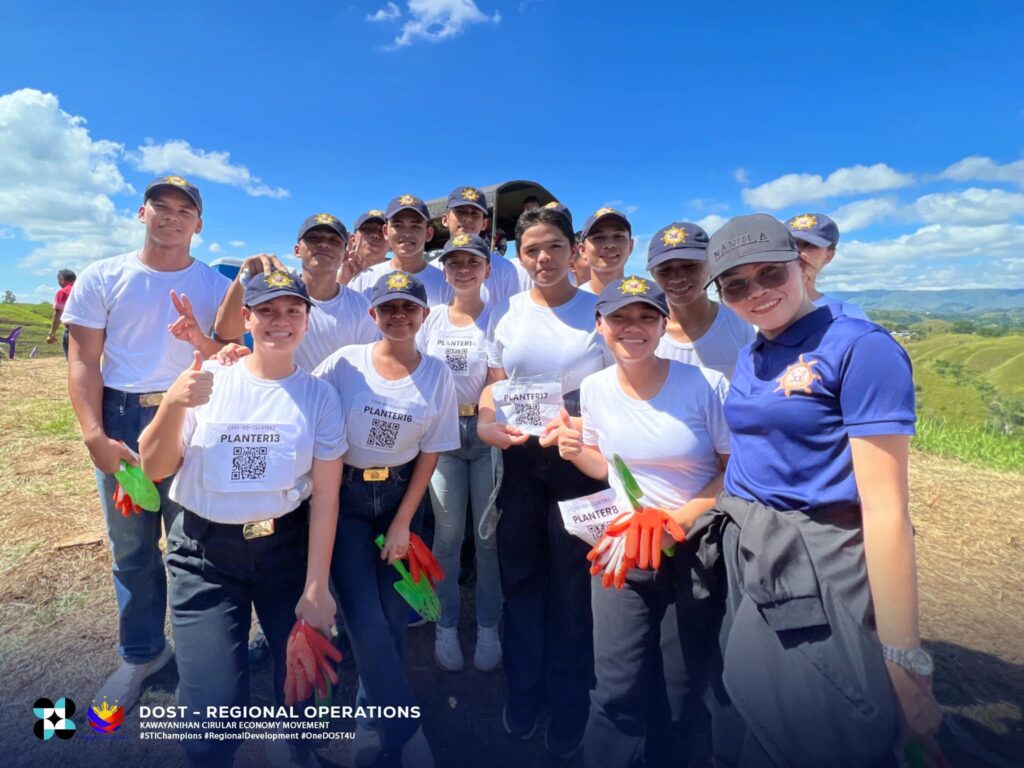
Through the Science, Technology, and Innovation (STI) for circular economy framework, DOST envisions a future where economic growth coexists with environmental preservation. The program focuses on addressing critical global challenges, including environmental degradation, waste management, and resource depletion, and highlights the role of LGUs as vital partners in implementing sustainable innovations to create resilient and smart communities.
Dr. Solidum said: “Initiatives towards smart and sustainable communities will be one of our banner programs because we think that through the local governments, we can implement the innovations that you want to make them smart and sustainable and to make a stabilized world.”
The convergence of DOST’s circular economy initiatives with the Guinness World Records underscores the agency’s leadership in driving sustainable development.
Solidum said that through events like STI Week, DOST continues to demonstrate how innovation can address pressing global issues while fostering a culture of environmental responsibility.
He likewise said that as the Philippines champions initiatives like these, the nation sets an inspiring example of how collective efforts, guided by science and innovation, can pave the way for a sustainable future for generations to come. (Nelson Santos)
